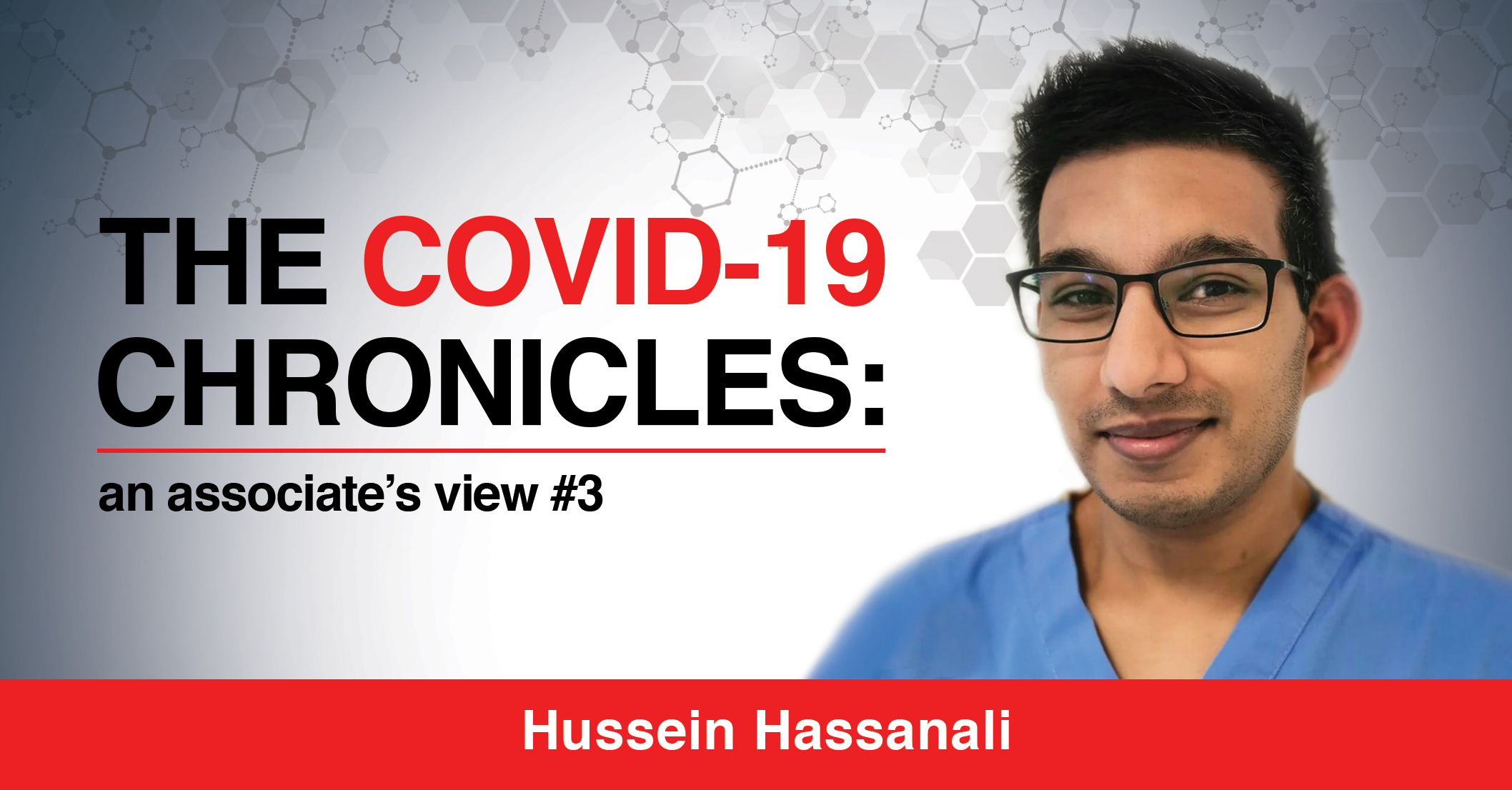Finances to associates have become a drastic concern after incomes plummeted in a flash. After graduating, I wasn’t thinking of any earning potential. I wanted to be a dentist because it’s what I wanted to do. During Foundation Training, I learnt associates were self-employed.
The practice I joined in my first associate role were experienced in Foundation Training and supporting young dentists. This was the very reason I wanted to join them. I never even asked about the salary. I wanted to be there for the nurturing environment.
Fortunately, I’ve had a good relationship with money. My parents managed well to spread what little they had. Forever selfless, never forgetting hospitality and the gift of giving. I’ve been humbled by their personal sacrifices, priceless debts I could never repay. I’d learnt the value of a pound from my parents’ hardships.
The Foundation Training salary was already more than my parents earnt combined. My first associate pay cheque came in. As an individual I could be making more than double what my parents did. The penny dropped; I was awe struck at how much I had.
I realised that the gross figure wasn’t my net, as with PAYE. The accountants advised to put away 35% towards tax and student loan, something immediately transferred out of spending reach. Then Direct Debits, fees and indemnity slid out. The cheque was dwindling, but still more than comfortable.
With my sister working in the finance sector, she gave me two immediate tips to protect myself as a self-employed sole trader. One – sign up for income protection in the event that I became incapacitated from working. Two – save a three to six-month contingency.
As time rolled on during the austerity years, practices suffered below inflation contract uplifts. When I first started as an associate, UDA payments were around £10-£12. Nine years later, those UDA payments aren’t much different. Friends around me in other vocations began catching up on my salary head start.
There’s two ways to increase your income: quantity or cost of service. On the NHS it can only be quantity as you can’t increase your UDA price. You either grow into this culture of working at breakneck speeds to keep up or grow disillusioned of the system and seek a change.
I appreciate practice owners don’t have those increases in revenue they wish they did thanks to years of underfunding and rising expenses. Consequently, there’s no increases to pass on to associates. I do regret the speeds we sometimes have to work at to keep turnover flowing.
Clearly, the change that many seek is moving to private dentistry (46% of NHS dentists who don’t see themselves in the NHS in five years say they intend to go private) and charging proportionately for your time.
A couple of decades ago, it felt as if there was a universal career trajectory. You graduated, spent some time in the NHS before slowly moving into the private sector and/or practice ownership. This pathway has shifted with the rise of corporates and heavy competition for private positions.
I’m lucky the NHS are still maintaining contract payments, with practices expected to pass this on to associates. But once bills, fees and indemnity are paid for, there’s nothing disposable left. Without contract uplifts and pay rises, we somehow still have to find ways of keeping up with the cost of living, which has increased far more than real term income.
NHS practices rightly want to muscle in for the biggest slice they can get of the private market. 71% of NHS dentists are reliant on private subsidisation. We’re supplemented by those patients who choose aesthetic options. With below inflation contract uplifts, practices and associates have had to rely more and more on the private dentistry they provide to maintain their profit margins.
Any private income boosting our monthly earnings vanished with the breakout of COVID-19 and cessation of private dentistry. This highlighted how much of a helping hand those morsels of private treatment are to our income. It’s either that or increasing the speed of the NHS treadmill and working ourselves into an early grave.
I find it off-putting seeing job adverts for high UDA targets accompanied with the phrase ‘excellent private potential’. For anyone thinking it’s a fast way to earning buckets of money, it really isn’t. Instead it’s buckets of blood, sweat and tears.
It was interesting to read in an interview a little while ago that Ravi Rattan (Clinical Director at Colosseum Dental) advises 6,500 UDAs pro rata in recognition of the changing professional landscape. This seems more achievable than the UDA pressures with private expectations on top that some practices proffer.
I don’t want to leave dentistry, but I don’t think I can continue working in this NHS set up without any pay growth and escalating personal costs. Even if I wanted to, I’m not sure my body could survive 30 more NHS years with my joints creaking more audibly than before.
It’s made me look at opportunities outside of dentistry and how these could slowly accumulate to the same salary. 35% of associates see themselves changing profession, according to the Dentistry Confidence Monitor. If I do ever reach that point, I might have to choose which path to follow. Will dentistry remain the path worth walking down?
About Hussein Hassanali
Hussein graduated from the University of Liverpool in 2009 and is an NHS Associate Dentist in York. He has a broad range of experience having worked in both NHS and private, and both corporate and independent practices. He is working towards completing his PG Diploma in Restorative Dentistry and has a keen interest in preventative and minimally invasive dentistry. To date he has over twenty publications to his name and continues to support the profession through his regular contributions, as well as being on the BDJ Reader Panel and an Editorial Advisory Board Member of Young Dentist Magazine.
